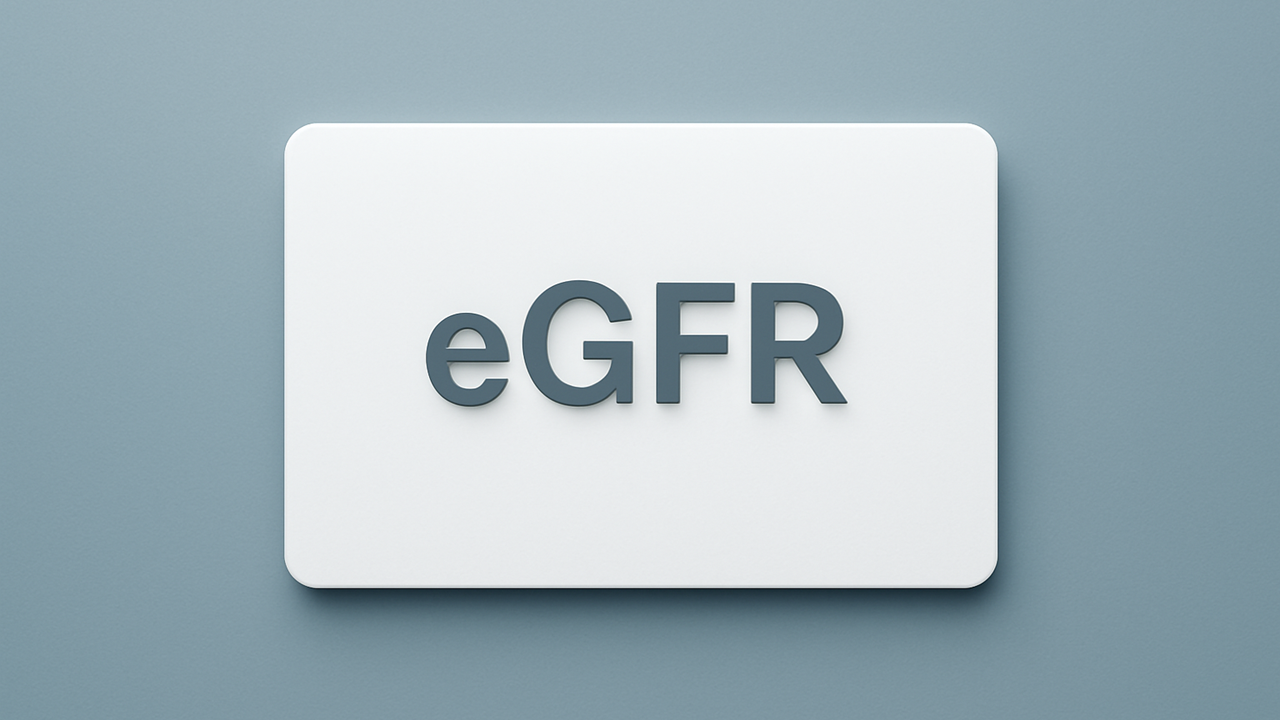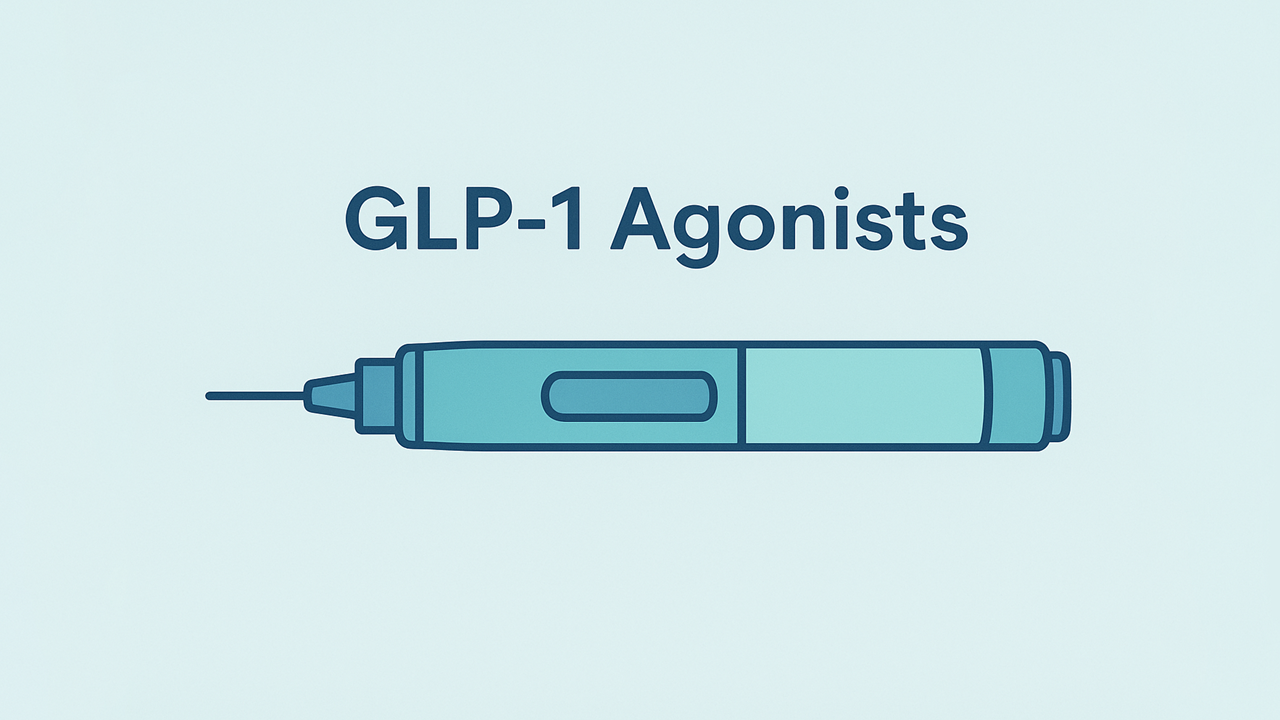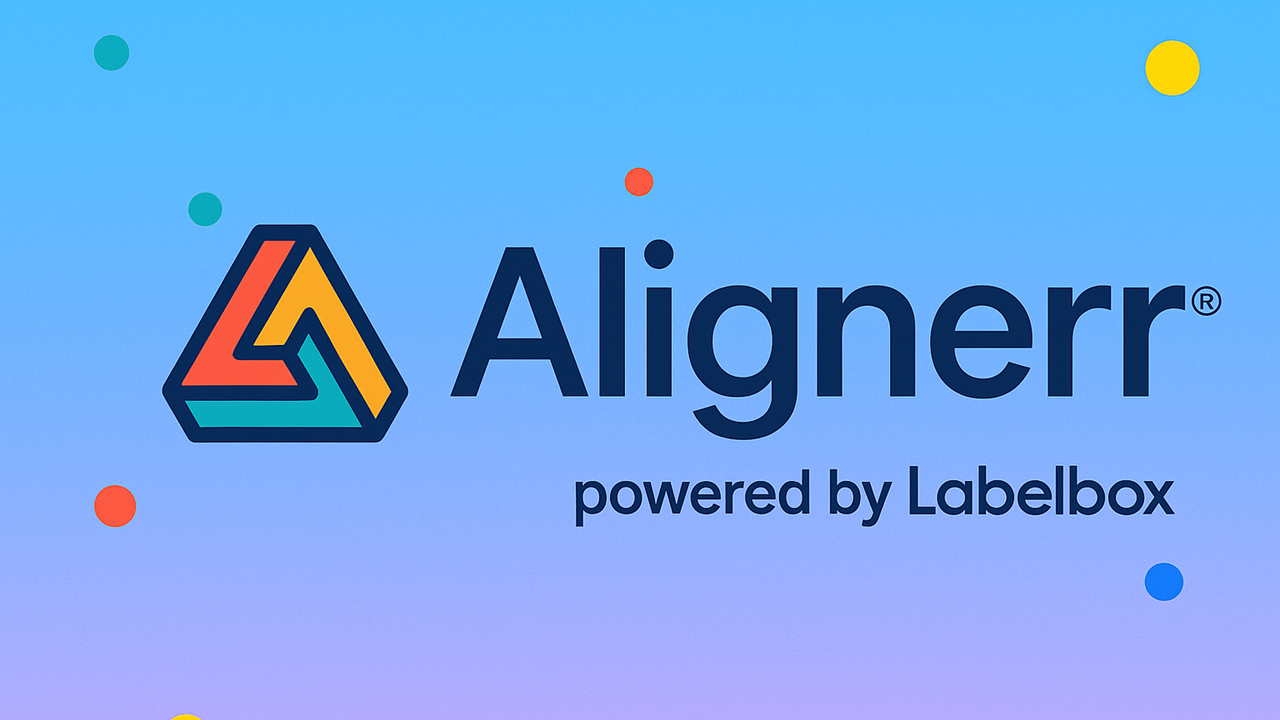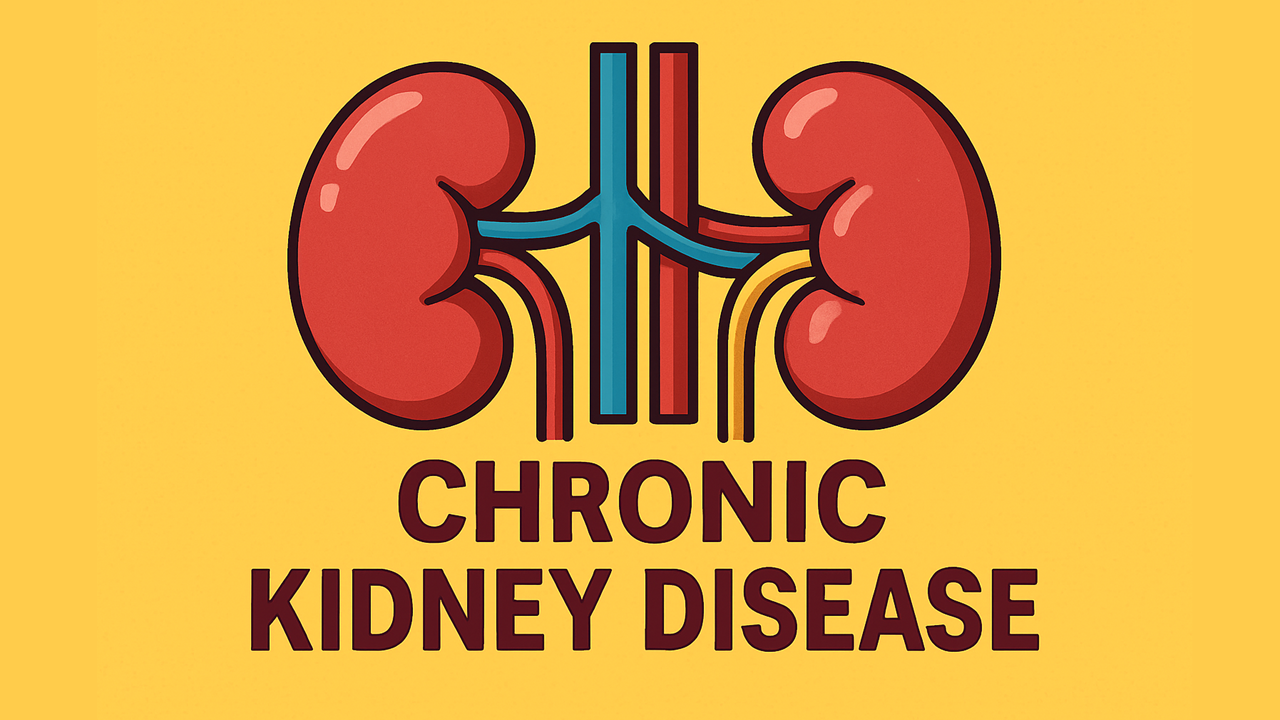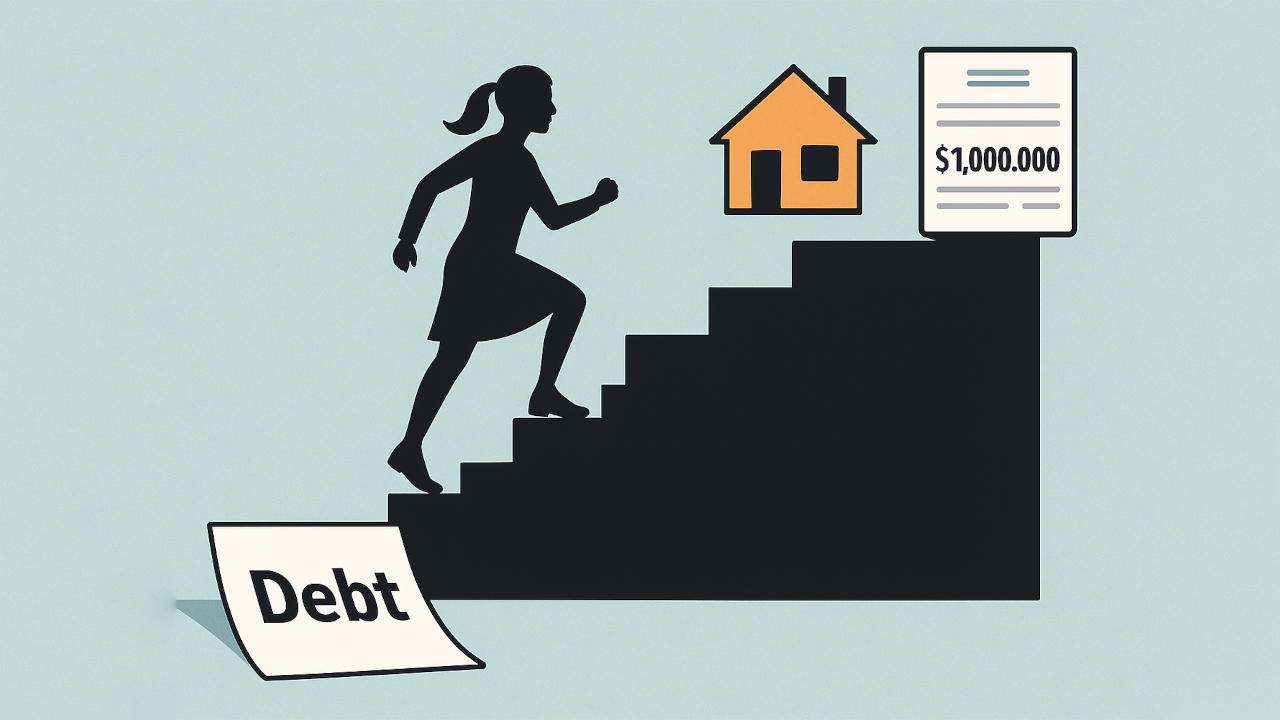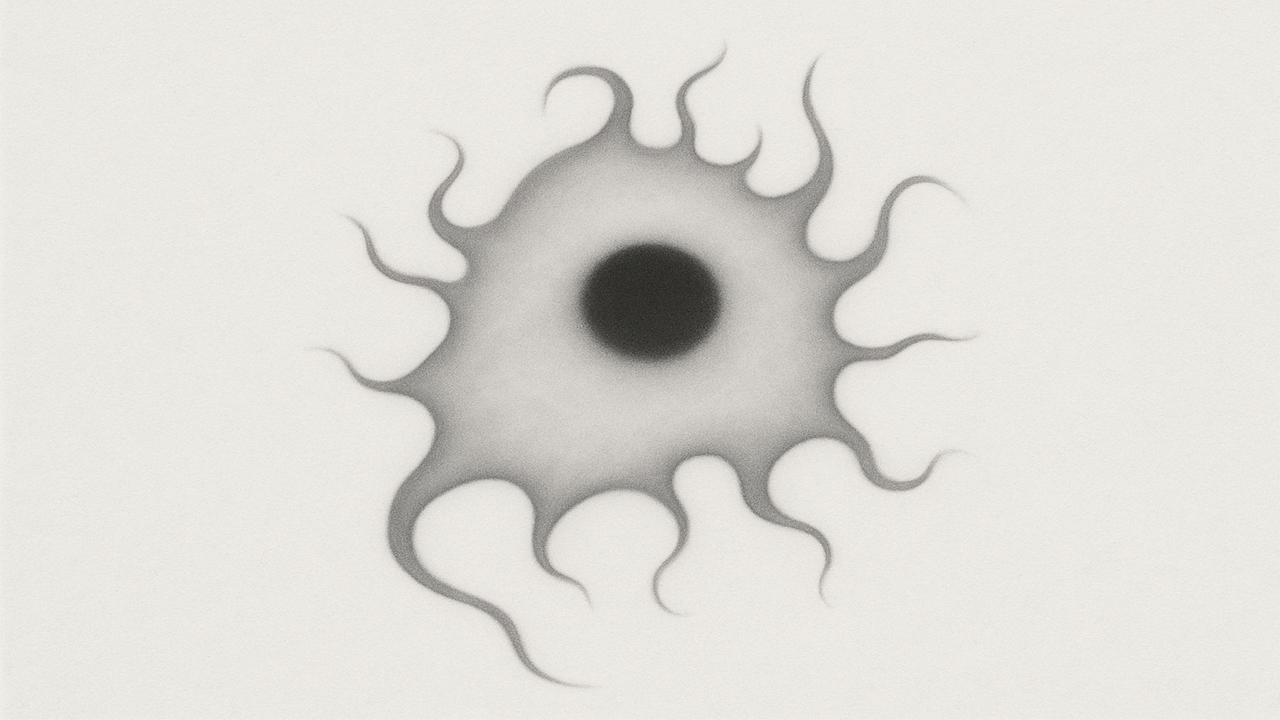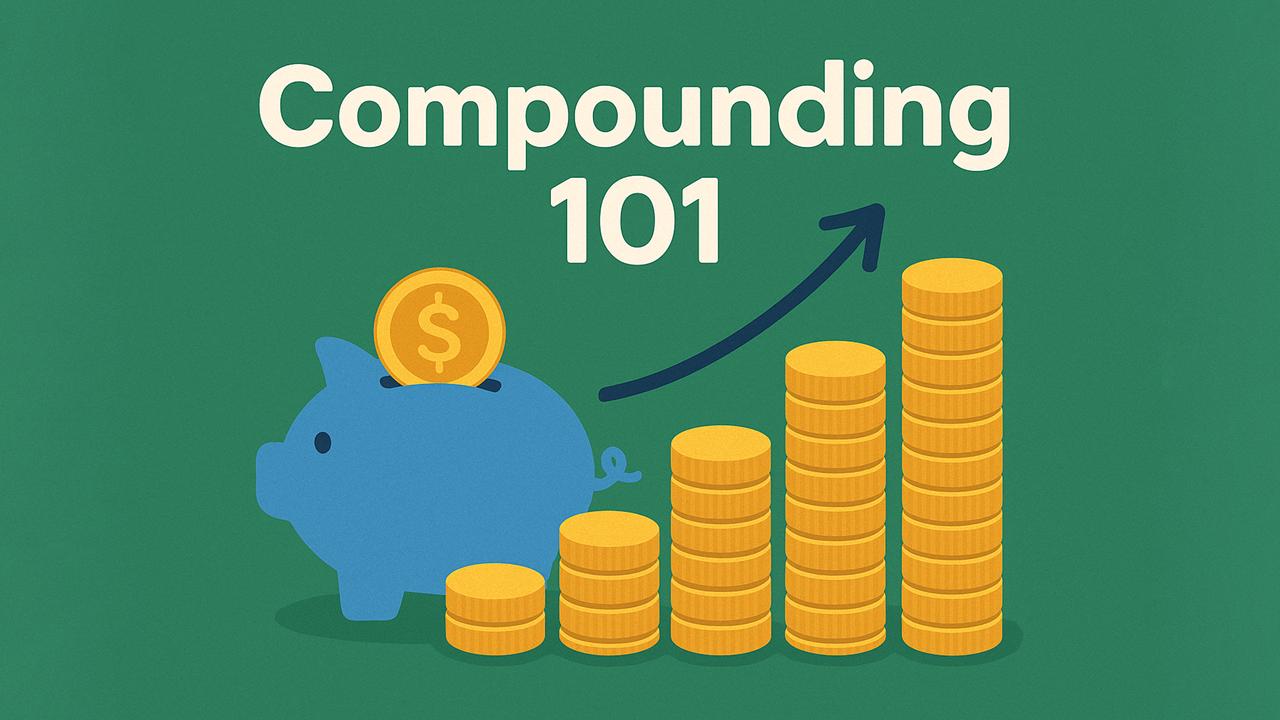Research‑Backed Supplements for Improving Low eGFR
What Is Low eGFR
Estimated glomerular filtration rate (eGFR) quantifies how efficiently the kidneys filter plasma solutes. Values ≥ 90 mL/min/1.73 m² are considered normal in most adults. Persistent readings < 60 mL/min/1.73 m² for ≥ 3 months fulfil a diagnostic criterion for chronic kidney disease (CKD); values < 15 mL/min/1.73 m² signal kidney failure and often require renal‑replacement therapy (haemodialysis, peritoneal dialysis, or transplantation) [12].
Diabetes mellitus and hypertension are the principal drivers of chronically reduced eGFR, damaging glomerular capillaries through glycation, oxidative stress, and haemodynamic overload. Other aetiologies include immune‑mediated glomerulonephritides, hereditary disorders such as autosomal‑dominant polycystic kidney disease, chronic obstructive uropathy, and recurrent infections. Acute kidney injury may transiently depress eGFR but can evolve into CKD if nephron loss is extensive [12].
CKD stages 2–3 (eGFR 30–89) are frequently asymptomatic, masking progressive nephron attrition. Once eGFR falls below ≈ 30, complications emerge—volume overload, hypertension, metabolic acidosis, mineral‑bone disorder, anaemia, anorexia, pruritus, and uraemic cognitive changes. Declining eGFR strongly predicts cardiovascular morbidity because CKD amplifies atherogenesis, vascular calcification, and neuro‑humoral activation [12].
Standard management centres on rigorous blood‑pressure and glycaemic control, renin‑angiotensin‑aldosterone system (RAAS) blockade, sodium–glucose cotransporter‑2 (SGLT2) inhibition, avoidance of nephrotoxins, and correction of metabolic complications. While overt recovery of lost nephrons is improbable, stabilising—or modestly improving—eGFR significantly delays dialysis dependence and lowers cardiovascular risk. The evidence‑based supplements below either raise eGFR or slow its decline via antioxidative, anti‑inflammatory, alkalinising, or anti‑fibrotic mechanisms.
Supplements for Low eGFR
Key
↑ eGFR = mean eGFR rise demonstrated; ⇣ Decline = significant deceleration of annual eGFR loss.
| Supplement | Principal Clinical Effect |
| Tocotrienol‑rich vitamin E | ↑ eGFR |
| Coenzyme Q10 | ↑ eGFR / ⇣ Decline |
| Sodium bicarbonate | ⇣ Decline |
| Astragalus root | ⇣ Decline |
| Cordyceps mushroom | ⇣ Decline |
Tocotrienol‑Rich Vitamin E
Mechanism of Action Potent antioxidant tocotrienols integrate into cell membranes, suppress lipid peroxidation, and down‑regulate renal pro‑inflammatory cytokines, mitigating diabetic glomerular injury.
Evidence A phase II randomised trial (400 mg/day; 12 weeks) in diabetic CKD produced a mean eGFR increase of ≈ +1.5 mL/min/1.73 m² versus a –2.9 mL/min/1.73 m² fall on placebo (p = 0.045) [1]. Benefit persisted 6–9 months post‑wash‑out.
Dosage 200 mg twice daily with fat‑containing meals.
Contra‑indications High‑dose vitamin E may potentiate anticoagulant therapy; monitor INR in warfarin users. Use cautiously before surgery or in bleeding diatheses.
Notes Unlike α‑tocopherol, tocotrienols consistently improve renal endpoints; effects appear greatest in diabetic nephropathy and patients with baseline vitamin E insufficiency.
Coenzyme Q10 (Ubiquinone/Ubiquinol)
Mechanism of Action Enhances mitochondrial electron transport, regenerates endogenous antioxidants, and attenuates NF‑κB‑mediated inflammation, thereby protecting renal tubular and endothelial cells.
Evidence In a double‑blind RCT (300 mg/day; 3 months) serum creatinine fell while creatinine clearance rose; fewer participants commenced dialysis (12 vs 24) compared with placebo [2]. A subsequent meta‑analysis confirmed creatinine reduction and eGFR preservation [2].
Dosage 100–300 mg/day in divided doses with meals; higher doses (≤ 600 mg) studied in dialysis cohorts.
Contra‑indications May modestly reduce warfarin efficacy; check INR. Occasional dyspepsia or insomnia.
Notes Particularly pertinent for statin‑treated CKD and heart‑failure patients given statin‑induced CoQ10 depletion and cardioprotective synergy.
Sodium Bicarbonate
Mechanism of Action Corrects CKD‑related metabolic acidosis, reducing acid‑mediated bone buffering, muscle catabolism, inflammation, and tubulo‑interstitial fibrosis.
Evidence Meta‑analysis of 14 RCTs (n = 2037) showed bicarbonate therapy significantly slowed eGFR decline (SMD ≈ 0.33) and lowered risk of progression to kidney failure [3].
Dosage Usually 600–650 mg (≈ 7 mEq) orally two‑to‑three times daily; titrate to maintain serum bicarbonate 22–26 mEq/L.
Contra‑indications Adds dietary sodium; monitor volume status and blood pressure, especially in oedema or heart failure. Risk of metabolic alkalosis with over‑correction.
Notes Guideline‑supported first‑line therapy for CKD patients with serum bicarbonate < 22 mEq/L. Sodium citrate solution is an alternative alkali with less sodium load.
Astragalus membranaceus Root
Mechanism of Action Astragalosides and flavonoids exert antioxidant, anti‑inflammatory, and anti‑fibrotic activity, down‑regulating TGF‑β and RAAS overactivity while improving renal microcirculation.
Evidence Assessor‑blind multi‑centre RCT (15 g root‑equivalent/day; 48 weeks) in diabetic CKD reduced annual eGFR loss by 4.6 mL/min/1.73 m² compared with standard care (p = 0.003) [4]. Small open‑label trials report absolute eGFR gains of 3–5 mL/min/1.73 m² [5].
Dosage Standardised extract 2–4 g/day (or crude‑root equivalent ≈ 15 g/day) for ≥ 3 months.
Contra‑indications Avoid in transplant recipients or active autoimmune disease due to immunostimulation. May potentiate antihypertensives/hypoglycaemics.
Notes Widely used in East‑Asian nephrology as an adjunct to RAAS blockade; quality‑controlled extracts are essential to avoid adulteration.
Cordyceps sinensis / C. militaris
Mechanism of Action Cordycepin‑rich polysaccharides inhibit pro‑inflammatory cytokines, scavenge reactive oxygen species, and suppress pro‑fibrotic signalling, thereby preserving nephron architecture.
Evidence Multiple controlled Chinese studies using 3 g/day Cs‑4 capsules documented slower eGFR decline, reduced proteinuria, and delayed dialysis initiation; systematic review confirms creatinine and proteinuria improvements [6].
Dosage Cultivated mycelial extract 1–3 g/day in divided doses for ≥ 6 months.
Contra‑indications Potential immunostimulation and mild antiplatelet action; use cautiously with immunosuppressants or anticoagulants.
Notes An established “kidney tonic” in Chinese pharmacopeia; verify authenticity due to historic adulteration of wild Cordyceps products.
| Intervention | Renal Impact | Key Caveats |
| Protein‑restricted, plant‑focused diet (≈ 0.6–0.8 g protein/kg/day) | Slows hyperfiltration injury, lowers acid & phosphorus load, decreases annual eGFR loss [7] | Risk of malnutrition if < 0.6 g/kg without keto‑analogues; dietitian supervision required |
| Regular aerobic + resistance exercise | Lowers BP, improves insulin sensitivity, modest eGFR rise and slower decline [8] | Tailor intensity; avoid dehydration and excessive strain in advanced CKD |
| Smoking cessation | Halves rate of GFR decline; reduces ESRD and cardiovascular events [9] | None—cessation universally beneficial; consider pharmacologic aids |
| Adequate hydration (≈ 1.5–2 L/day unless fluid‑restricted) | Prevents prerenal AKI overlays, lowers vasopressin, reduces nephrolithiasis risk | Adjust volume in stages 4–5 CKD, heart failure, or anuria |
Ongoing Research
Nrf2 Activators Bardoxolone methyl markedly raises eGFR but early trials highlighted cardiovascular risks; refined indications (e.g., Alport syndrome) are under evaluation [10].
Polyphenols High‑bioavailability curcumin failed to alter eGFR over 6 months in MPAC‑CKD, but longer trials and resveratrol analogues are in progress [11].
Uric‑acid Lowering Large trials of allopurinol/febuxostat show heterogeneous results; responder phenotypes are being defined.
Gut‑Microbiome Modulation Synbiotics, AST‑120, and oral charcoal adsorbents aim to reduce gut‑derived uraemic toxins; phase‑III efficacy on eGFR pending.
Anti‑fibrotic & Regenerative Therapies Pirfenidone, TGF‑β antagonists, mesenchymal stem‑cell secretomes, and gene‑silencing (APOL1 RNA‑i) represent future directions for structural nephron salvage.
References
Tan, G. C. J., Ng, E. Y., Ahmad, B., et al. (2019). Tocotrienol‑rich vitamin E improves diabetic nephropathy and persists 6–9 months after washout: A phase IIa randomised controlled trial. Therapeutic Advances in Endocrinology & Metabolism, 10, 2042018819888224.
Singh, R. B., Kumar, A., Niaz, M. A., et al. (2000). Randomised double‑blind placebo‑controlled trial of coenzyme Q10 in chronic renal failure. Journal of Nutritional & Environmental Medicine, 10(4), 281–288.
Yang, T.‑Y., Lin, H.‑M., Wang, H.‑Y., et al. (2024). Sodium bicarbonate treatment and clinical outcomes in chronic kidney disease with metabolic acidosis: A meta‑analysis. Clinical Journal of the American Society of Nephrology, 19(8), 959–969.
Chan, K. W., Kwong, A. S. K., Tsui, P. N., et al. (2024). Add‑on Astragalus in type 2 diabetes and chronic kidney disease: A multi‑centre, assessor‑blind, randomised controlled trial. Phytomedicine, 130, 155457.
Yoshino, J., Koide, H., Ito, Y., et al. (2022). Oral Astragalus root supplementation for mild to moderate chronic kidney disease: A retrospective study. Frontiers in Pharmacology, 13, 775798.
Wang, Y., Dai, H., Deng, J., et al. (2022). Potential therapeutic strategies for renal fibrosis: Cordyceps and related products. Frontiers in Pharmacology, 13, 932172.
Yan, B., Su, X., Xu, B., Qiao, X., & Wang, L. (2018). Effect of dietary protein restriction on progression of chronic kidney disease: A systematic review and meta‑analysis. PLoS ONE, 13(11), e0206134.
Zhang, L., Wang, Y., & Xiong, L. (2019). Exercise therapy improves eGFR and reduces blood pressure and BMI in non‑dialysis CKD patients: Evidence from a meta‑analysis. BMC Nephrology, 20, 398.
Hallan, S. I., & Orth, S. R. (2011). Smoking is a risk factor in the progression to kidney failure: A meta‑analysis. Kidney International, 80(5), 516–523.
Pergola, P. E., Raskin, P., Toto, R. D., et al. (2011). Bardoxolone methyl and kidney function in CKD with type 2 diabetes. New England Journal of Medicine, 365(4), 327–336.
Weir, M. A., Walsh, M., Cuerden, M. S., et al. (2023). The effect of micro‑particle curcumin on chronic kidney disease progression: The MPAC‑CKD randomised clinical trial. Nephrology Dialysis Transplantation, 38(10), 2192–2200.
National Kidney Foundation. (2023). Can my GFR get better? Retrieved from https://www.kidney.org.
About the Author
Harry Negron is the CEO of Jivaro, a writer, and an entrepreneur with a strong foundation in science and technology. He holds a B.S. in Microbiology and Mathematics and a Ph.D. in Biomedical Sciences, with a focus on genetics and neuroscience. He has a track record of innovative projects, from building free apps to launching a top-ranked torrent search engine. His content spans finance, science, health, gaming, and technology. Originally from Puerto Rico and based in Japan since 2018, he leverages his diverse background to share insights and tools aimed at helping others.

